Escrow is a financial arrangement where a third party holds and regulates the exchange of funds and necessary documents for a transaction. The escrow process establishes a neutral intermediary to ensure that your home purchase is a smooth, secure transaction.
You might wonder if escrow is a legal requirement. There are a few things that you should know.
HOW DOES THE ESCROW PROCESS WORK?
As the buyer, you deposit earnest money into an escrow account. The funds stay in that account until the fulfillment of all of the conditions of the purchase agreement. This typically includes inspections, repairs and contingencies. Then, the seller receives the funds.
IS ESCROW LEGALLY REQUIRED?
Although escrow is not legally required for all home purchases, it is the standard procedure for transferring earnest money to the seller. It provides a layer of protection for both buyers and sellers by holding both parties to the contract framework.
WHEN COULD ESCROW NOT APPLY?
In cases where buyers are making all-cash transactions, you could bypass escrow. However, even in such scenarios, both parties may choose to employ escrow services voluntarily for added security and peace of mind.
In unique situations involving seller financing, the need for escrow is negotiable between the buyer and seller. Give careful consideration to the terms of the agreement and the level of trust between the parties involved.
Despite the lack of a legal mandate, escrow is an expected part of the home-buying process. Escrow services typically cost 1-2% of the home’s total cost and provide both parties with the confidence that their position is secure in the exchange.


